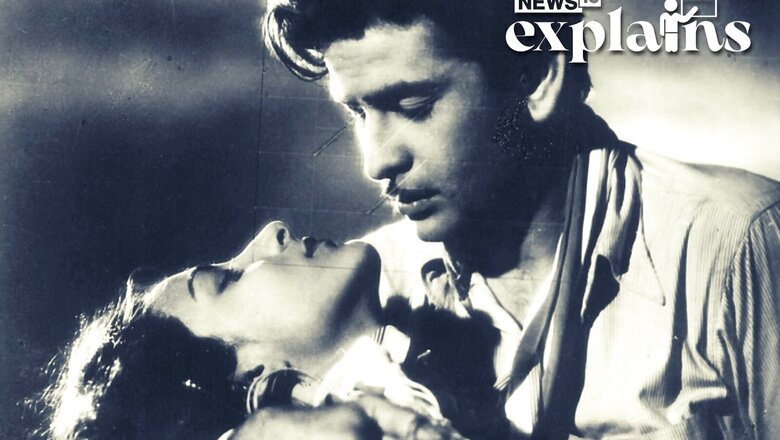
views
The Allu Arjun-starrer Pushpa: The Rise which was released in India in 2021, has apparently not just made big bucks in its home country, but Russia, as well. A News18 report talks about how the film, which was released in 2022 December in Russia, is still running on more than 774 screens in the country. The movie has reportedly minted over 10 million Rubles in 25 days at the Russian box office, which amounts to Rs 13 crore in Indian currency. This makes the movie the highest-grossing South Indian movie in Russia, overtaking Baahubali 2.
A New Opportunity for Indian Cinema in Russia?
Ever since the Russia-Ukraine war began, Hollywood has been on a backseat in Russia. While some Hollywood filmmakers have refused to release their films in the country, Kremlin too has banned some Western actors.
Amid these developments, Indian cinema is being widely welcomed and showcased in Russia, particularly in Moscow. There was a time when Raj Kapoor, Shashi Kapoor, and other celebrities were well-known in the country, with a high export of Indian films under the USSR regime, also tied to diplomatic ties between the country.
India Today had reported that last year, the Indian National Cultural Center (SITA) hosted the second SITA Bollywood Film Festival in Moscow’s largest cinema.
“The best part of the festival is the opening Bollywood show. All of the dancers are Russians who are performing to our Bollywood music. It’s nice to see that old times, when Indian cinema was popular here, are returning,” Sammy Kotwani, President of SITA, told India Today in Moscow.
Bollywood’s Old Ties to Soviet Russia
According to a report by Variety, Bollywood had made the biggest impression on Soviet moviegoers. Between 1954 and 1991, the Soviet Union imported more than 200 Indian films, compared to 41 from the United States. Disco Dancer (1982), a Bollywood film about a street performer who achieves fame, fortune, and love after winning an International Disco Dancing Competition, was the highest-grossing film of the Soviet era, grossing 60 million roubles at the box office.
Awaara (1954), starring Bollywood heartthrob Raj Kapoor in a re-imagining of Romeo and Juliet, came in second place for highest grossing foreign films, and was one of the first Bollywood films to be screened in the Soviet Union. The United States does not enter the chart until fifth place, with the 1961 western The Magnificent Seven.
But Why the Love?
Esme Wright wrote in her report that Bollywood cinema’s appeal to a Soviet audience was very similar to that of American cinema. The glitz and glamour in Bollywood are arguably more intense than in Marilyn Monroe and Steve McQueen films, she argued, saying it would have seemed an enticing escapist extravaganza to a viewer suffering through the grey austerity of the Soviet Union.
The values of Indian society were also fairly compatible with those of the USSR, she said, adding that there was always a clear distinction between good and evil, as well as a preference for rags to riches stories, the enduring optimism of which could exemplify the Socialist realist insistence on utopianism.
Allowing films from India’s rapidly expanding film industry to be shown in Soviet cinemas was an appealing solution for Soviet authorities looking to provide their people with films that were not so heavily influenced by Western culture, at least geographically, she said. This influence lingered, with Disco Dancer being one of the more obvious examples, but because Bollywood films were produced by a Soviet-friendly country, film censors were more willing to overlook such Westernisms.
Diplomatic Reasons for a Screen-love
Bollywood’s presence in the Soviet Union reflected more than just a desire for escapism; it also highlights an important political link between India and the USSR, Wright explained in the report.
India gained independence from the British Empire in 1947, and the Soviet Union, predictably, began to make diplomatic gestures to India soon after, with Indian Prime Minister Jawaharlal Nehru visiting the Soviet Union in 1955, and Nikita Khrushchev, First Secretary of the Communist Party, returning the visit later that year.
Read all the Latest Explainers here










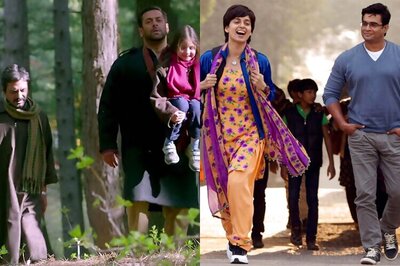



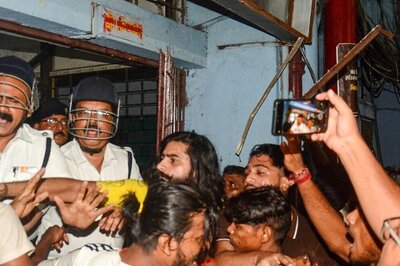
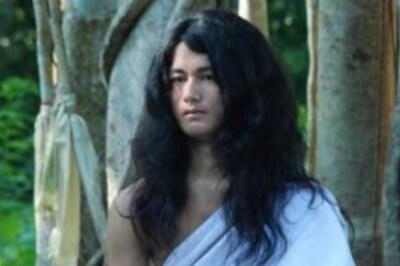
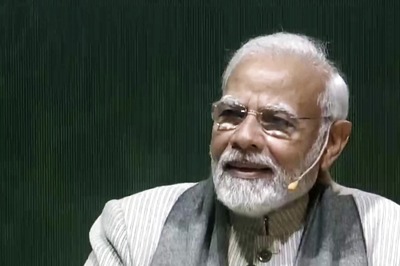



Comments
0 comment